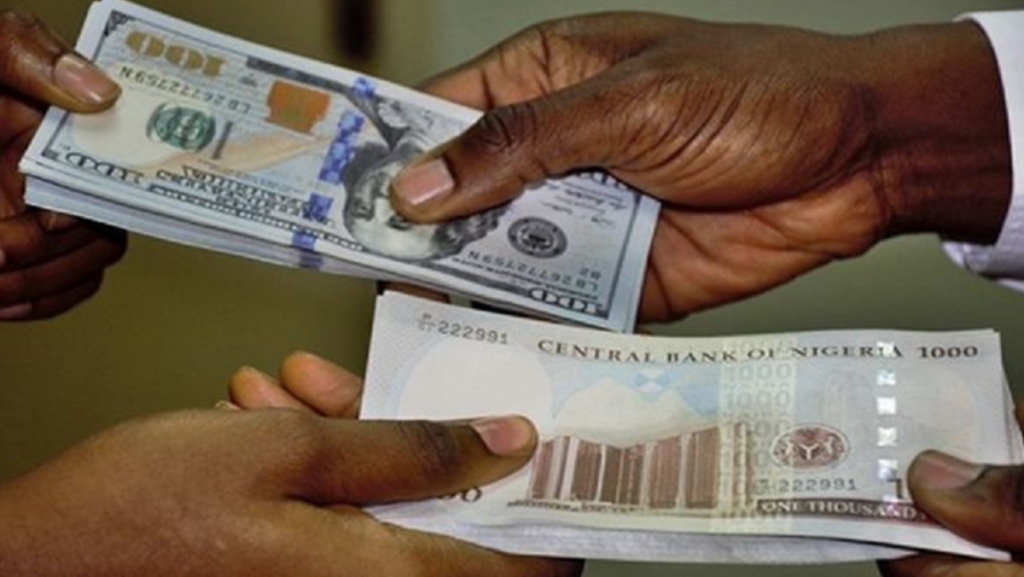The Naira plummeted to an unprecedented low of N1,320 per dollar on Wednesday, marking a 3.03% or N40.00 drop from the previous day’s close at N1,280.
This downturn is the most significant since October 26, 2023, when the Naira touched N1,300 against the dollar on the parallel market.
Join our WhatsApp ChannelMarket analysts attributed the depreciation to a surge in demand for dollars since the start of January.
Businesses restocking goods or raw materials and individuals requiring dollars for overseas studies are major contributors. The mass departure of diaspora Nigerians after the holiday season and the reopening of schools abroad also add to the demand pressure.
Prime Business Africa reported a 460.52% increase in forex turnover, reaching $147.81 million on Tuesday, January 16th, 2024, in the official markets. The official NAFEM window recorded a 4.72% depreciation, closing at N878.57 to a dollar.
READ ALSO: Blame Naira Depreciation For Nigeria’s Highest Inflation In 21 Years – Experts
Mr. Olatunde Amolegbe, the former President and Chairman Governing council of the Chartered Institute of Stockbrokers (CIS) and Managing Director of Arthur Steven Asset Management Limited, highlighted the importance of market and participant confidence for exchange rate stability.
“Confidence is what makes foreigners want to invest in your country and locals keep their investments here,” he emphasized. Amolegbe expressed optimism about the decision to clear FX commitment backs, citing potential positive impacts on market confidence in the medium term.
However, he cautioned against expecting immediate results, suggesting that deliberate efforts are needed to bring about structural changes. These include improved security, enhanced infrastructure, increased foreign direct investments, and promoting local production to encourage import substitution.
As the Naira continues to face challenges, the focus now turns to implementing long-term solutions to ensure a stable and resilient economy.

















Follow Us